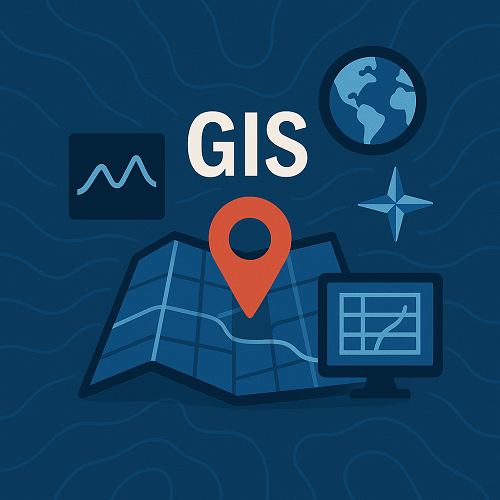In recent years, the real estate industry has undergone a significant transformation with the introduction of Geographic Information System (GIS) technology. GIS technology is revolutionizing the way that real estate professionals analyze and visualize data, providing valuable insights into property and market trends. Here are five ways that GIS is transforming the real estate industry:
- Market Analysis: GIS technology allows real estate professionals to analyze market trends and forecast future growth. By mapping demographic data and real estate market statistics, professionals can identify market trends and opportunities. This data can then be used to make informed decisions about property acquisitions and sales.
- Site Selection: GIS technology helps real estate professionals select the best sites for development. By analyzing factors such as topography, zoning regulations, and access to utilities, professionals can identify sites that are suitable for development. This helps developers minimize risk and maximize return on investment.
- Property Management: GIS technology enables real estate professionals to manage properties more effectively. By mapping property boundaries, assessing land use, and monitoring changes in land use, professionals can ensure that properties are being used in the most effective and efficient way possible.
- Risk Assessment: GIS technology helps real estate professionals identify potential risks associated with properties. By mapping natural hazards such as flood zones, earthquake zones, and wildfire risk areas, professionals can assess potential risks and take steps to mitigate them. This helps protect investments and minimize losses.
- Customer Engagement: GIS technology allows real estate professionals to engage with customers in new and innovative ways. By providing interactive maps and visualizations of property data, professionals can help customers make informed decisions about property acquisitions and sales.
GIS technology is revolutionizing the real estate industry, providing valuable insights into property and market trends, and enabling real estate professionals to make informed decisions. As the technology continues to evolve, we can expect to see even more ways that GIS is transforming the real estate industry.
